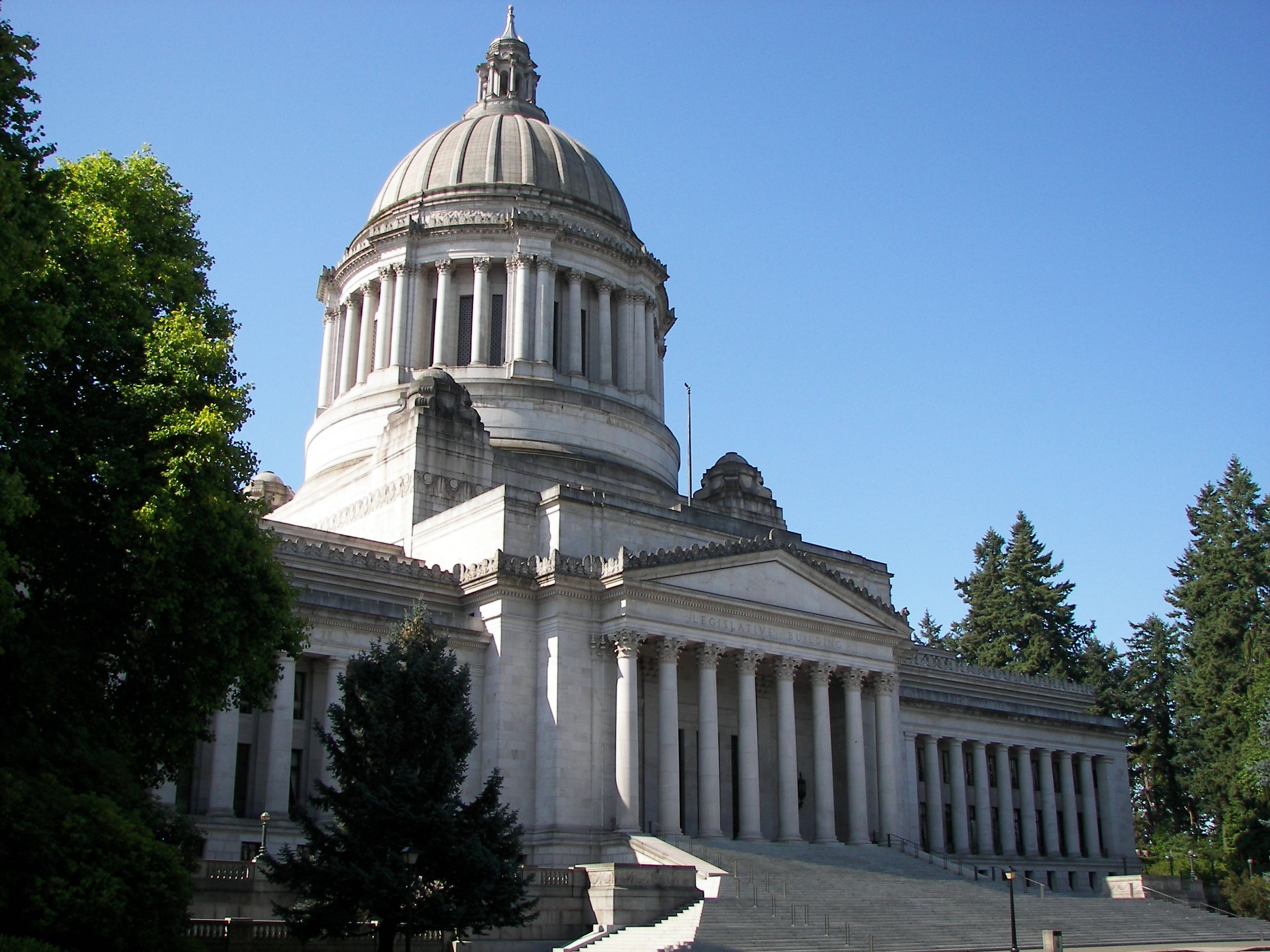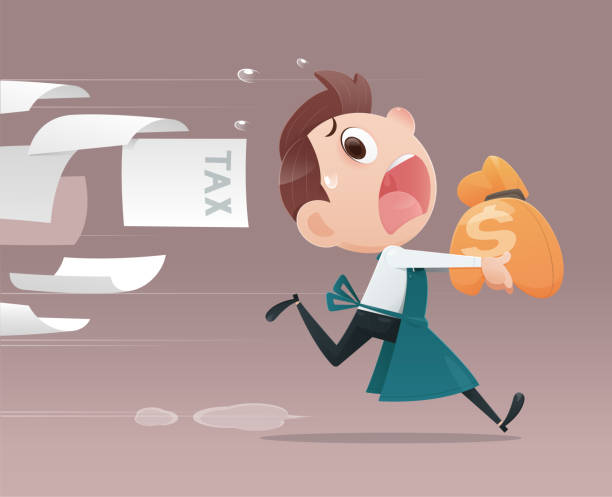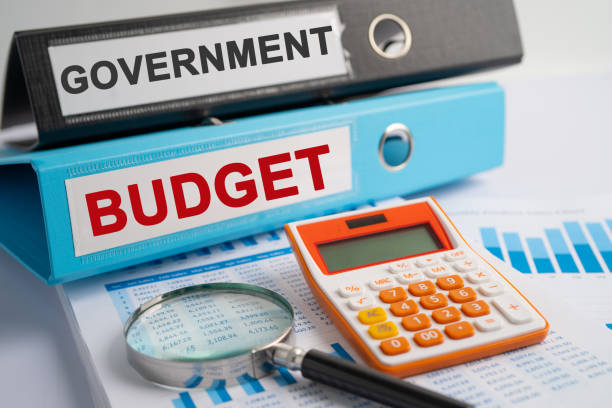In preparation for the coming state supreme court hearing on the capital gains income tax (oral arguments date not yet set), I wanted to see how many times lawmakers have proposed an income tax. We already know that voters have rejected six constitutional amendments to allow a graduated income tax. Since those votes, however, some lawmakers refuse to take no for an answer. In fact, since 1991 there have been more than 50 bills proposed to impose a broad-based income tax. This excludes the numerous proposals over the years to impose a capital gains income tax.
We know from public records that the real goal of passing the capital gains income tax is to see if the state supreme court will change nearly 100 years of rulings saying that Washingtonians own their income, meaning it is property. Consider the following 2018 email from Sen. Jamie Pedersen (page 1 of pdf):
“But the more important benefit of passing a capital gains tax is on the legal side, from my perspective. The other side will challenge it as an unconstitutional property tax. This will give the Supreme Court the opportunity to revisit its bad decisions from 1934 and 1951 that income is property and will make it possible, if we succeed, to enact a progressive income tax with a simple majority vote.”
Joining this strategy of ignoring the voters and hoping the courts will now allow a graduated income tax without a constitutional amendment is the Washington Education Association (WEA). The WEA on June 30 filed a legal brief with the state supreme court in the capital gains income tax case asking the justices to change their prior rulings and now declare that income isn’t property (meaning you don’t own it).
Here is how the state constitution defines property (this definition was adopted by the voters via a constitutional amendment):
“The word ‘property’ as used herein shall mean and include everything, whether tangible or intangible, subject to ownership.”
The state supreme court has been crystal clear on the fact that we own our income and that it is property. The need to amend the constitution if a graduated income tax is to be imposed in Washington has long been the clear and consistent message from the state supreme court. For example, on September 13, 1960, the state supreme court issued a unanimous one-page ruling with this sage advice: Don’t ask the court to reverse its numerous rulings prohibiting a graduated income tax; instead amend the constitution.
That 1960 ruling is so timeless the current state supreme court justices could simply re-issue this part of the ruling in response to the WEA’s request to bypass voters:
"The argument is again pressed upon us that these cases were wrongly decided. The court is unwilling, however, to recede from the position announced in its repeated decisions. Among other things, the attorney general urges that the result should now be different because the state is confronted with a financial crisis. If so, the constitution may be amended by vote of the people. Such a constitutional amendment was rejected by popular vote in 1934."
The justices must have wanted to keep their 1960 ruling to just one page, otherwise they could have listed all the times Washingtonians have rejected a constitutional amendment to allow a graduated income tax. Including those since this ruling, the people voted down such proposals in 1934, 1936, 1938, 1942, 1970 and 1973. Washington voters have also rejected multiple income tax ballot initiatives in 1944, 1975, 1982 and 2010.
Based on citizen comments to the Tax Structure Work Group, Washingtonian’s opposition to an income tax has not waned. Back in March of this year the members of the Tax Structure Work Group formally voted to remove from its legislative recommendations any consideration of a corporate or personal income tax. According to the Tax Work Group’s consultant report:
- “Overall, respondents did not feel that taxing income would be fairer than solely taxing retail spending and home value. Responses are relatively similar with respect to age, income, and geographic region.”
- “People of color respondents more felt that this Scenario (income tax) would not be fairer compared to their white respondents.”
- “People of color respondents do not think progressive income taxation is a fairer approach.”
Although Washington voters have repeatedly and overwhelmingly opposed imposing an income tax, as evidenced by the more than 50 income tax proposals since 1991, some lawmakers haven’t gotten the message. Should the state Supreme Court take the bait from supporters of the capital gains income tax and rule as demanded by the WEA that we don’t own our income, expect to see even more income tax activity by lawmakers in the near future.






